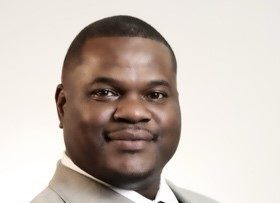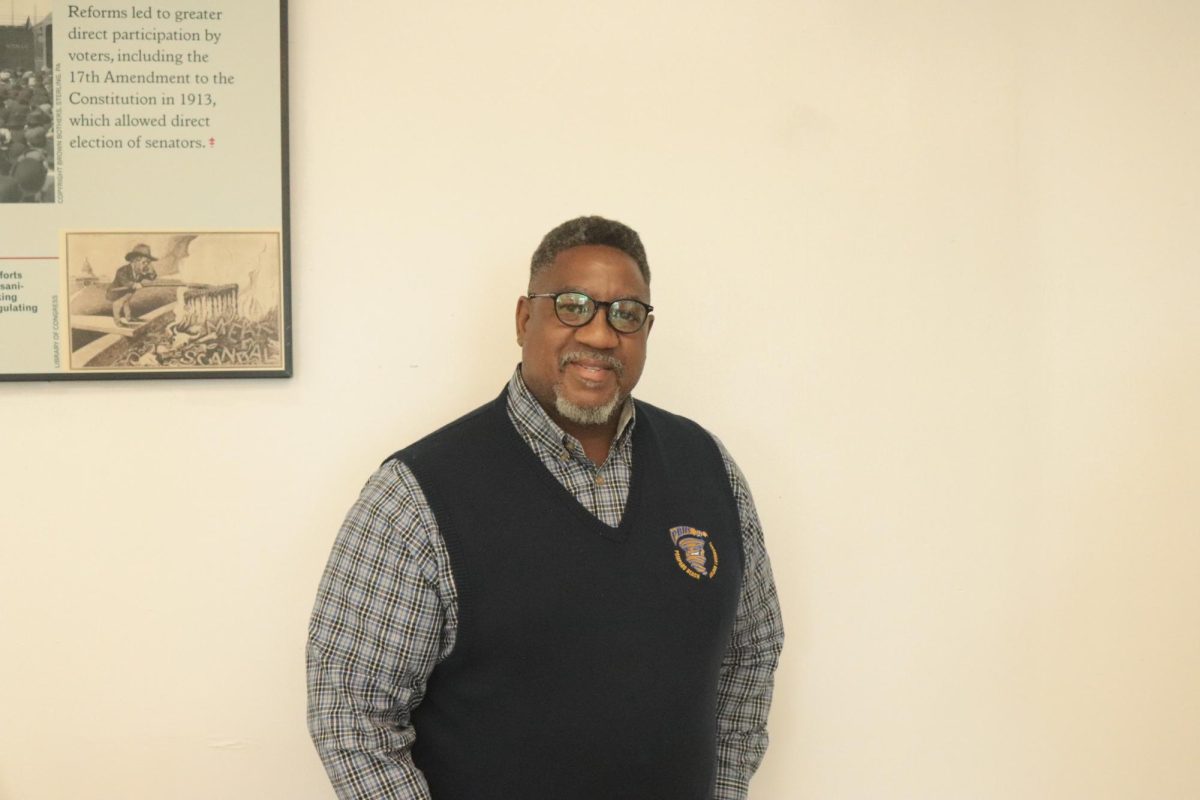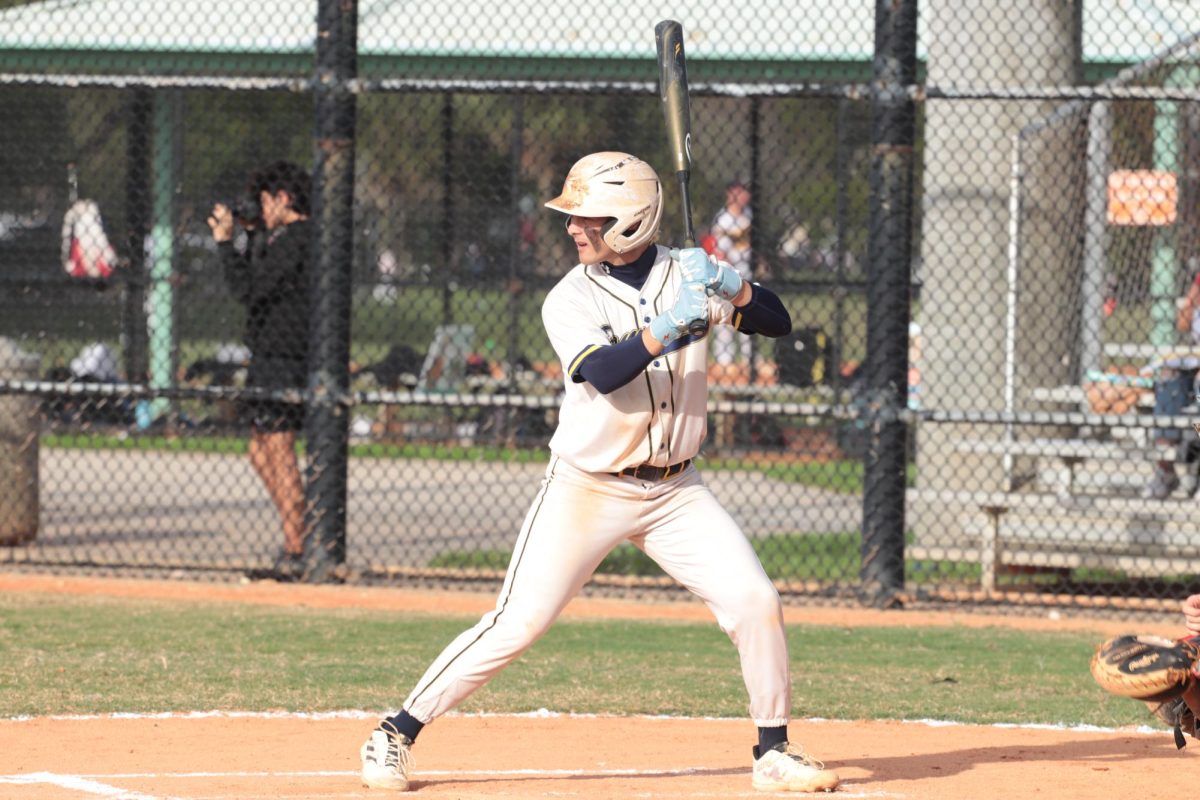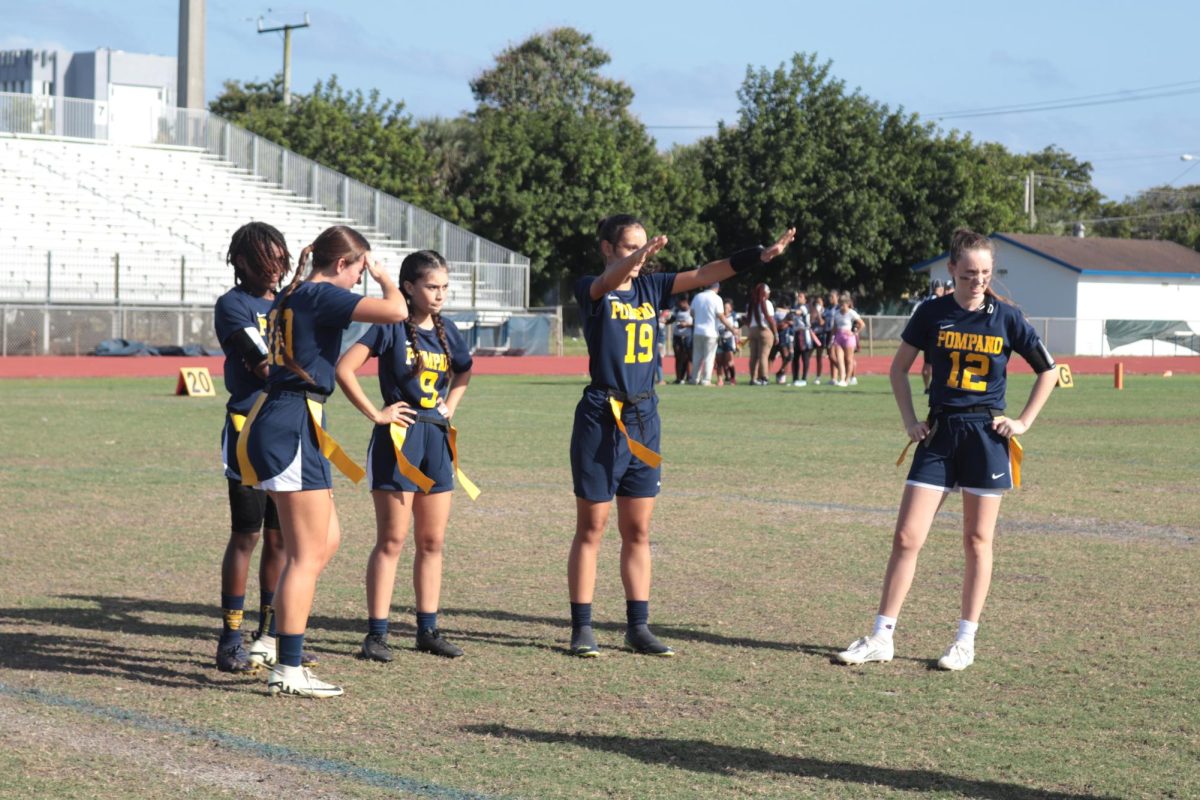In an unprecedented move, the Broward County Public School District implemented a new policy this year that requires students taking AP Psychology to have a signed parental “opt-in form.”
This policy, which was communicated to parents via email, comes directly in the wake of a politically-charged dispute between the state of Florida and the College Board, the organization that oversees the administration of Advanced Placement tests. (Click here to see a copy of the email sent to Broward parents.)
College Board vs. the State of Florida
This public disagreement between the state of Florida and the College Board marks the second clash of this nature in the past year. This past January, as reported by the New Yor Times, the State of Florida failed to approve the course framework for the pilot AP African American History course.
In May, the Florida Department of Education asked the College Board via a letter to review all AP courses in light of the State Board of Education adopting new limitations on the teaching of sexual orientation or gender identity as part of implementing the Parental Bill of Rights legislation passed on May 17, 2023.
On June 15th, the College Board issued a communication which included an update to the public that they had informed the Florida Department of Education that they had “learned” from the AP African-American History course debate and would not modify the course content.
Uncertainty going into the school year
As school districts across Florida made preparations for the start of the school year, and with most school districts starting classes in the first half of August, the uncertainty on whether AP Psychology would be offered in Florida remained.
On Tuesday, August 3rd, the College Board issued a statement decrying guidance being provided to school districts, stating that “the Florida Department of Education has effectively banned AP Psychology in the state.”
The statement cited support from the American Psychological Association that if AP Psychology courses were offered in Florida without the sexual orientation and gender identity content, then colleges and universities should not accept these course credits for higher education recognition.
The College Board statement explained that districts had been told that “teaching foundational content on sexual orientation and gender identity is illegal under state law,” and that “districts are free to teach AP Psychology only if it excludes any mention of these essential topics.” In the same statement, the College Board advised that districts opt not to teach the course at all as opposed to altering the contents, as “Any course that censors required course content cannot be labeled ‘AP.’”
The day after the College Board statement–which incited a large outcry from the public–state officials clarified that the course could be taught as long as it was an “age and developmentally appropriate” manner.
According to the Washington Post, five days later, on August 9, the Department of Education issued a statement saying that teaching of AP Psychology in full was not in violation of state law.
However, these clarifications transpired only days before some counties started school, leading different districts to make alterations to respond in different ways. Many school districts, including Palm Beach County and Miami-Dade County, chose to teach the course as they would in a regular year. Others such as Orange County, which started school on August 10, implemented the removal of AP Psychology and offered replacements.
As Broward students prepared to go back to school, many faced unanticipated uncertainty and concern over their course schedule. Junior Zeniah Ellis noted that “Because of the uncertainty, (a friend of mine) wasn’t allowed to partake.” Ellis said that the friend preemptively had the course removed from their schedule to avoid any issues at the start of the year.
Broward Chooses the Middle Ground
Broward County Public Schools had responded to the August 3 College Board statement by stating that it would develop a response prior to the opening of school on August 21, as reported by the WUSF Public Media. The events that transpired in the subsequent days and the later start date for schools in Broward County allowed leaders to consider whether to offer the course as had been planned or join other districts in replacing the course with something else.
During this time, educators in Broward also faced uncertainty heading into the school year. William Strachan, who teaches AP Psychology, explained that, during this period, the primary question was “How can we navigate the world and operate under state law? The district, of course, had a meeting and they helped out in navigating that.”
On August 9, after the Education Department’s public statement that the course could be taught in its entirety, the Broward Schools Administration, led by Superintendent Peter Licata, decided to allow schools to offer the course, but now with a new caveat. All students who were enrolled in the course, or any student who would enroll in the course moving forward, would need to submit a parental permission “opt in” form to take the course. Broward County School Board members were not directly responsible for the decision on this issue.
Broward County School Board Member Dr. Allen Zeman, who represents the district at large, noted that the opt-in forms are a precautionary measure. “BCPS decided to be very proactive about it. Any parent can take a child out of a class… The opt-in makes it 100% certain that they gave their child permission to take the class,” Zeman said.
However, he also noted reservations about this approach: “As a parent, as a school board member, as the son of 2 psychology faculty members, I am disappointed that the only class that BCPS requires an opt-in form for is AP Psychology.” He added that the vast majority of communications from his constituents expressed that parents thought that the class, which has been taught for decades, would be appropriate for their high school-aged students.
Many students also had ambivalent feelings about the requirement for parent permission. Though relieved that it provided a mechanism to take the course, some questioned a policy that required parent approval, worrying for students who may share different views than their parents.
A student who wished to remain anonymous shared that the opt-in forms, though not ideal, are better than what seemed to be the alternative. “They were going to cancel it for the whole state, but at least if your parent wants you to take the class, you’re fine. If your parent doesn’t want you to take it, then it won’t ruin it for other students who want to take the class,” the anonymous student explained.
This is one more example in a long line of cases in which students this year have felt the impact of state legislation on their academic, extracurricular, and personal lives unlike ever before. This clearly marks a new era in the relationship between state educational policy and the day-to-day lives of students in Florida.



















